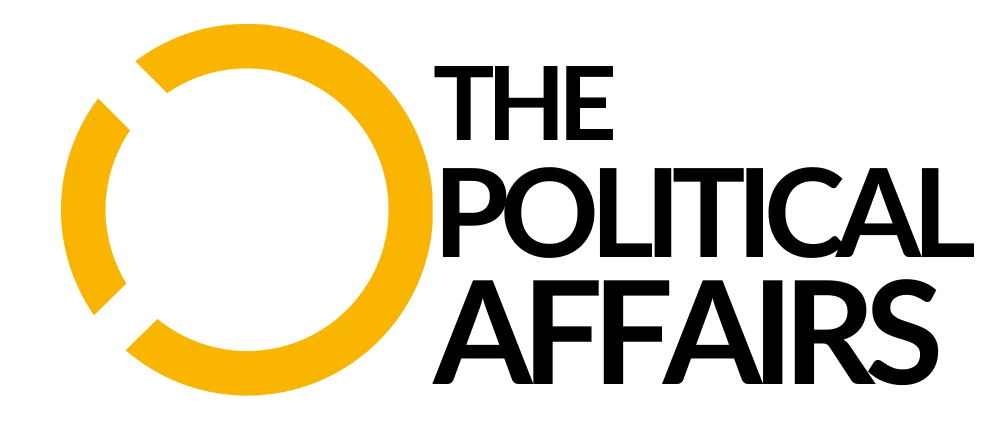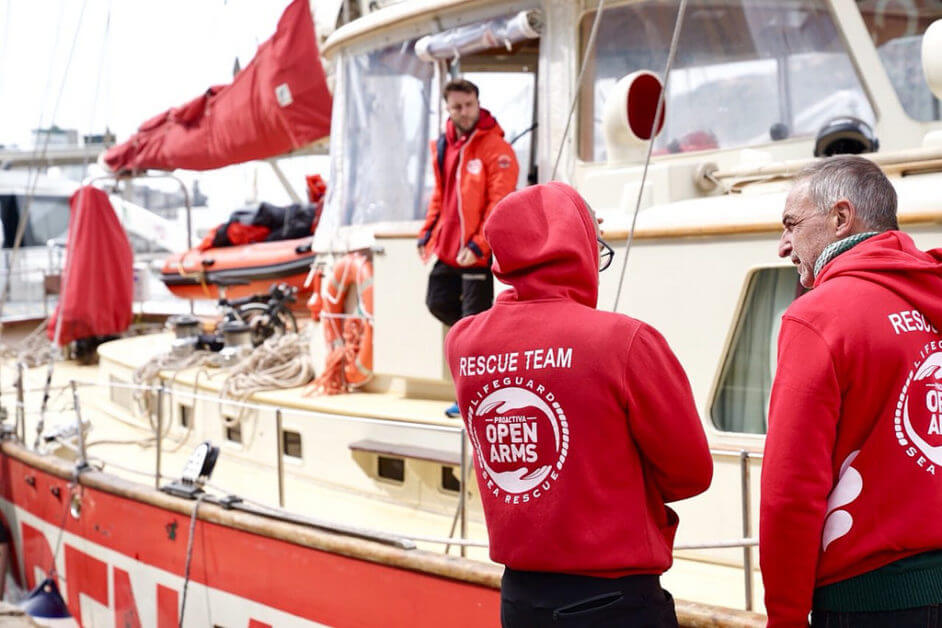Imagine you are three years continually sailing on the Mediterranean and the Aegean Sea in search and rescue missions to save countless of helpless lives drowning when their overcrowded ships are collapsing. Now, imagine you are charged for soliciting an illegal immigrations after you helped thousands of people to reach safety and you have saved their lives.
If you are wondering if this is possible and how can this scenario be real, then you should hear the story of Proactiva Open Arms. It is an NGO who is operating SAR (search and rescue missions) and trying to save the lives of the migrants who are fleeing their countries and put themselves at risk attempting to make the ultimate journey for a better tomorrow. Open Arms is a non-governmental, non-profit organization whose states its “main mission is to rescue from the sea those people who try to reach Europe fleeing from war, persecution or poverty”.
The NGO is a member of the International Maritime Rescue Federation and gets its total economic independence by small contributions from private individuals who are making 90% of their 3.5 million euros budget.
How did the Proactiva Open Arms incident happened?
The incident happened on 15 March 2018 when the NGO was instructed by the Italian MRCC (the Maritime Rescue Coordination Centre) to help a vessel in international waters. Soon afterwards, the NGO helped and started taking people on board. Then the Libyan Coast Guard arrived demanding the NGO to hand over the migrants which the NGO refused based on the refuges testimonies of unimaginable torture. In this case, the crew constituted that Libya is no “place of safety”.
At these moments the Italian authorities advised for the migrants to be handed over because the save and rescue area belongs to the Libyan authorities. But captain Marc Reig in an interview says that Italy and Libya unilaterally declared the Libyan SAR zone and there was still no notification by the IMO (International Maritime Organisation) at the moment when the rescue happened in international waters.
With all this information, the captain decided to turn over and head for Europe. Then as the ship with all of its 218 migrants docked in Pozzallo, dozens of police closed in, and the ship was seized with three members put under investigation for soliciting illegal immigration. After a month of its seizure, the ship was released and set to sail again. The investigation judge in the Sicilian city of Ragusa rejected the request for the vessel to remain impounded.
This incident wasn’t a mere coincidence because it happened very quickly after far-right movements swept Italy. It was a clear sign that the public opinion has shifted against NGO’s which were described as a “taxi service” for smugglers and migrants by the far-right Interior Minister Matteo Salvini.
But it was not only Italy who had changed their views. In December after it docked in southern Spain with 311 refugees, it was denied to sail again by the Spanish Directorate General of Merchant Marine who stated that the vessel long distances constitute a breach of maritime law. All of these incidents form a new general policy in the Mediterranean states which sees NGO’s as a “pull factor” for migrants, and therefore they want to discourage further actions.
Is Libya the starting point for the southern migration route?
Libya is the starting point for the migration route, and the past decade’s mixed action from both Libya and the EU has shifted migration flows according to their agreements and attitudes. In 2007 after the migration flows started to climb the EU turned to Gaddafi for help who used the opportunity as leverage and secured a 5 billion US dollar deal with Italy. The deal besides cooperation and assistance had a purpose of convincing al-Gaddafi to stop refugees and migrants while the Italians will send back anyone who engages in regular crossings.
This deal worked well for both parties until the February 2011 uprising which ultimately striped Gaddafi from his powers. To make things more difficult for the southern countries, an EU judgement ruling by the European Court of Human Rights stated that forcibly returning migrants and refugees to Libya meant violating the European Convention on Human Rights and Fundamental Freedoms.
Soon after the migration picked up and the pressure was back again on the EU countries culminating with the Lampedusa shipwreck when 366 people lost their lives just a half a mile off the Italian island on 3 October 2013.
This incident convinced the Italian authorities to launch Mare Nostrum, a large-scale military operation seeking to prevent sea-crossings and saving lives at sea. With this operation between 18 October 2013 and 31 October 2014, Mare Nostrum ensured the rescue of 166,000 people. Many believed Mare Nostrum acts as a pull factor. Therefore the operation was terminated at the end of 2014, and the EU border agency Frontex launched operation Triton with very small operational area.
This decision turned out to be a mistake as another tragedy followed in April 2015 when an estimated 700 people lost their lives, forcing the EU to expand and better fund Triton mission. Also, the tragedies were the reason for launching EUNAVFOR MED- Sophia, a joint EU military operation to put an end to smugglers and traffickers resources. Although the mission didn’t have the mandate for saving lives, as it found itself in dangerous areas it had to intervene in grave dangers.
At these moments, private and NGO initiatives started to play a more significant role picking more than a third of all migrants in 2017, a tremendous contribution since it only contributed less than 1% in 2014.
How EU’s domestic public opinion shapes its relation with humanitarian NGO’s?
It is easy to say that the European governments changed their approach, and somehow, they are acting passive and inhumane towards the harsh realities for thousands of families. Still, the migrant crisis (over 1 million between June 2015 and February 2016) did give popularity to ultra-right parties and put real pressure on the EU leaders.
This fact made them consider a new approach of cooperating with partner states to focus on stopping the smuggling routes because a real solution for all these conflict areas is not viable in the future. In this situation, the EU turned to Turkey and Libya as the main actors who can stop the routes and the pressure on the EU leaders.
After the agreement between the European Union and Turkey, a solution had to be found with Libya for the southern route. On 2 February 2017, Italy and Libya signed a Memorandum of Understanding. This memorandum was followed by providing training, equipment and support in various forms to enhance and empower the LCG’s (Libyan Coast Guard) capacity of intercepting refugees and migrants at sea and transferring them to detention centres.
This strategy which started in July 2017 resulted in a massive drop of numbers (between July and November 2017 a total of 33,288 refugees and migrants arrived in Italy, 67% less than in the same period of 2016). Following these actions, it was the NGO’s turn who faced political restrictions and oppositions which happened on several occasions.
For now, this policy had relieved some of the pressure of the southern states. However, nonetheless, the problem still exists, it is just swept under the rug because the human rights situation in Libya is still unacceptable. If we see the history in the past decade on the migration from Libya and put the NGO’s into the context of this story, it is clear that they are an unexpected component. They represent a real challenge for the EU leaders who depending on the domestic public opinion in their countries, will either see NGO’s as heroes or villains.
In Proactiva Open Arms case, the crew decided to help in humanitarian crisis when the tide and support were turning against them, leading to their prosecution by the authorities. In any case, if the public supports this actions Open Arms will continue its noble role on the Mediterranean, if they are faced with opposition, they will continue to struggle and be discouraged from further action. It is all up to the public.

